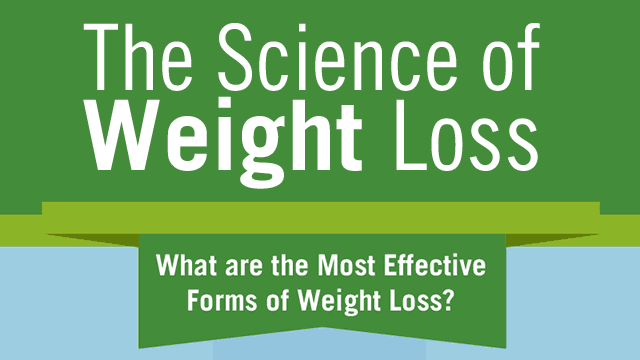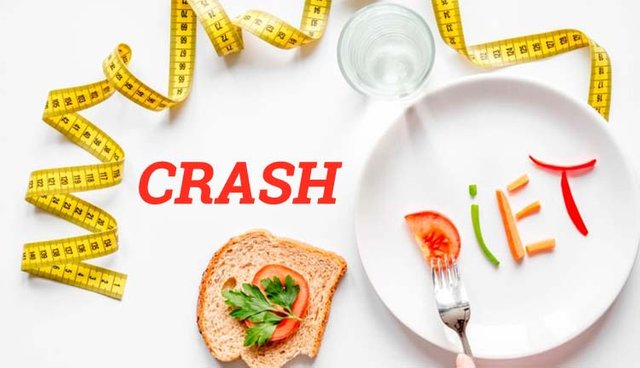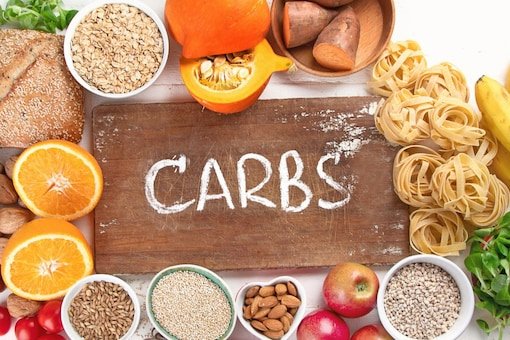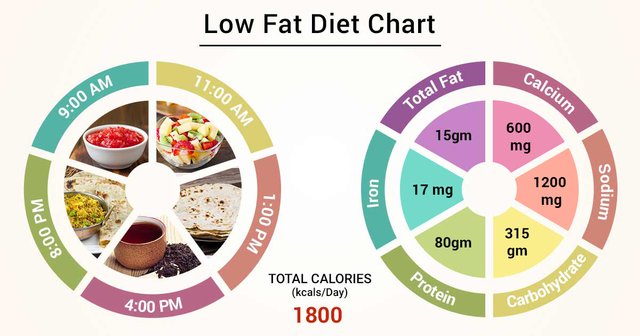The Truth about Weight Loss Science-Based Insights.....

Weight loss has become an obsession in modern times, with countless diets, supplements, and exercise programs claiming to be the solution to shedding unwanted pounds. However, amidst the overwhelming amount of information available, it can be difficult to separate fact from fiction when it comes to weight loss. This article aims to provide science-based insights into the truth about weight loss, dispelling common myths and shedding light on effective strategies for sustainable weight loss.
#1: Crash diets are the key to rapid weight loss.

Many people turn to crash diets in hopes of shedding pounds quickly. However, these diets are not sustainable in the long term and often lead to weight regain once the diet is over. Additionally, they can be harmful to your health, causing nutrient deficiencies and metabolic damage. The key to sustainable weight loss is to make gradual, healthy changes to your diet and lifestyle that you can maintain over time.
#2: Exercise is the only way to lose weight.

While exercise is an important component of weight loss, it is not the only factor. Diet plays a crucial role in weight loss, with calorie intake being the most significant determinant of weight loss or gain. Therefore, it is important to focus on both diet and exercise for effective weight loss.
#3: Carbs are the enemy when it comes to weight loss.

Carbohydrates have been demonized in many popular diets, with many claiming that they are the cause of weight gain. However, carbohydrates are an essential nutrient for the body, providing energy for daily activities and exercise. Rather than cutting out carbs entirely, focus on consuming complex carbohydrates, such as whole grains and vegetables, in moderation.
#4: Fat-free and low-fat products are the best for weight loss.

Fat-free and low-fat products are often marketed as the best choice for weight loss. However, these products are often high in sugar and other additives to compensate for the lack of fat. Additionally, fat is an important nutrient for the body, helping to absorb vitamins and minerals and regulate hormones. Rather than focusing on eliminating fat, focus on consuming healthy sources of fat, such as nuts, seeds, and avocado, in moderation.
Effective strategies for weight loss:
Focus on whole, nutrient-dense foods such as fruits, vegetables, whole grains, lean protein, and healthy fats.
Avoid processed and high-sugar foods, which can contribute to weight gain and negatively impact health.
Incorporate regular exercise into your routine, including both cardio and strength training.
Aim for gradual, sustainable weight loss, with a focus on making healthy lifestyle changes rather than short-term fixes.
In conclusion,
weight loss is a complex and multifaceted issue that requires a comprehensive approach. By focusing on healthy lifestyle habits and making gradual, sustainable changes to your diet and exercise routine, you can achieve long-term weight loss and improve your overall health and wellbeing.
Remember,
there is no quick fix or miracle solution when it comes to weight loss - it is a journey that requires commitment, patience, and dedication.